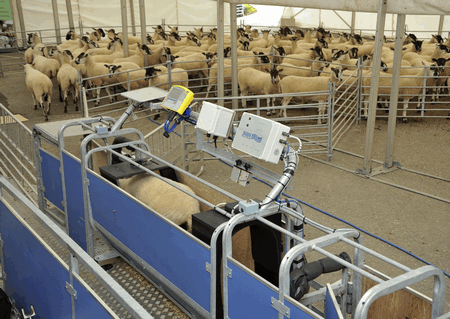Rural tourism to be ‘damaged by EID’

Rural tourism will be damaged by European plans forcing farmers to electronically tag sheep, landowners have claimed.
Electronic identification (EID) will be so costly that some farmers will be forced to give up sheep, leading to under-grazing that will eventually prevent public access to some of Britain’s most popular upland areas, according to a report.
The document, prepared for English and Scottish landowners, says electronically tagging a flock of 1000 sheep would cost at least £1714, equivalent to 18.6% of a typical hill farm annual income of £9,207 – itself well below the minimum wage.

Henry Aubrey-Fletcher, president of the Country Land & Business Association, said EID tagging would be another nail in the coffin for producers.
“Farmers today are consistently faced with new legislation that is sapping their already low income.”
A lack of sheep would lead to further problems, the report warns.
“The landscape will change as invasive bracken and scrub take advantage. This will exclude public access from large areas of hill, as the vegetation will preclude walking.”
The report was put together by advisers at the CLA and the Scottish Rural Property and Business Association.
It will now be sent to all MPs, MSPs and MEPs with an interest in the rural economy.
The document argues that EID will fail in its original objective, which was to respond to the difficulties of tracing sheep movements during the 2001 foot-and-mouth.
The UK sheep industry already has an individual ID system, it points out.
SRPBA chairman Luke Borwick said: “This regulation will damage an industry which is already on its knees, without delivering any obvious welfare or efficiency gains.
“We need a sensible approach and this is not the answer.”
